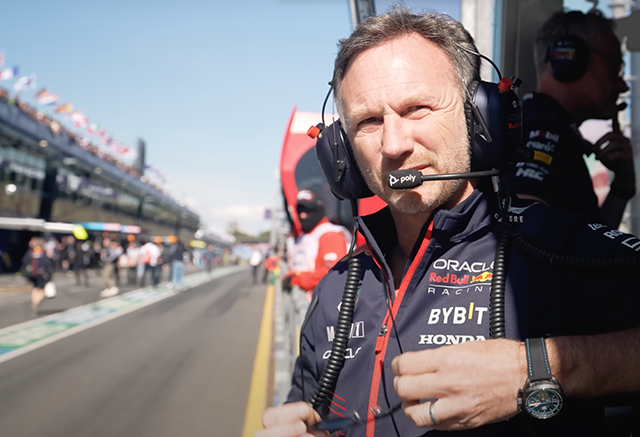
The axing of Christian Horner as Red Bull team principal after close to two decades is a paradigm shift in Formula 1-a seismic shift, to actually explain it.
When Jaguar, the then struggling team was acquired by Red Bull in 2005, Horner was put on the driver seat and after two decades gave it a new form with strength. With him, the team won six Constructors titles and eight Drivers titles, four of which under Sebastian Vettel (2010-2013) and another four with Max Verstappen (2021-2024)
His distinct, unconventional approach of forsaking suits replaced with denims and Media-disruption—turned out to be one of the significant characteristics of the team supported by energy drinks.
However the good times started to be loose. At the beginning of 2024, Horner was seriously accused of improper behaviour with one of his colleagues, a woman. Despite the fact that he was exonerated after an internal investigation and appeal, the incident brought to light rifts. Parents like Jos Verstappen or power struggles at the center of power between insiders, especially with Helmut Marko with the disintegration of internal cohesion since big names like Adrian Newey and Jonathan Wheatley have left, and the performance on the track. That off-the-track slip has reared its head this year.
Red Bull lies in fourth in the Constructors Championship with McLaren storming ahead. erstappen, who has left Red Bull low key as he is contracted through to 2028, is fed up–he has been out-performed by McLaren and Piastri, and Norris,. Leverage is now being guessed: did the camp of Verstappen urge the departure of Horner? Are they attempting to appease their all-star driver who is reportedly being interested by Mercedes and Aston Martin.
Coming on top of that is the huge technical transformation in the works. A new challenge is represented by future rule changes in the engine and radial shift of Red Bull to self-made units. According to reports, Mercedes is one step ahead of the market, so there is a risk of Red Bull leadership vacuum being particularly dangerous.
Red Bull reacted by promptly putting in place the Racing Bulls team principal, Laurent Mekies at the top. Mekies has a tall order to fulfil: to fix broken team culture, reverse the technical nosedive and to keep Verstappen amid a power game between opposing engine-maker teams.
In F1, the departure of Horner shows how both results and unity are ruthlessly required by the sport. He could put out the fires they cause and rebalance the scales- yet it will cost him whatever legacy he has constructed after twenty years. And when Verstappen leaves, the scenery changes grid position-chasing teams would be able to benefit.
After all, this is a referendum as to the resilience of Red Bull. Is Mekies able to regain motivation? What will be the fate of Verstappen? Will he remain where he is or find greener pastures? Is the all-in engine venture of Red Bull a daring move or an adventure into the unknown? Such responses will not just determine their future, but the balance of competitions in Formula 1.
Follow us on Zeroto30s social channels:
Instagram: https://www.instagram.com/zeroto30s/
Facebook: https://www.facebook.com/zeroto30s
Twitter: https://twitter.com/zeroto30s
Youtube: https://www.youtube.com/@Zeroto30s
